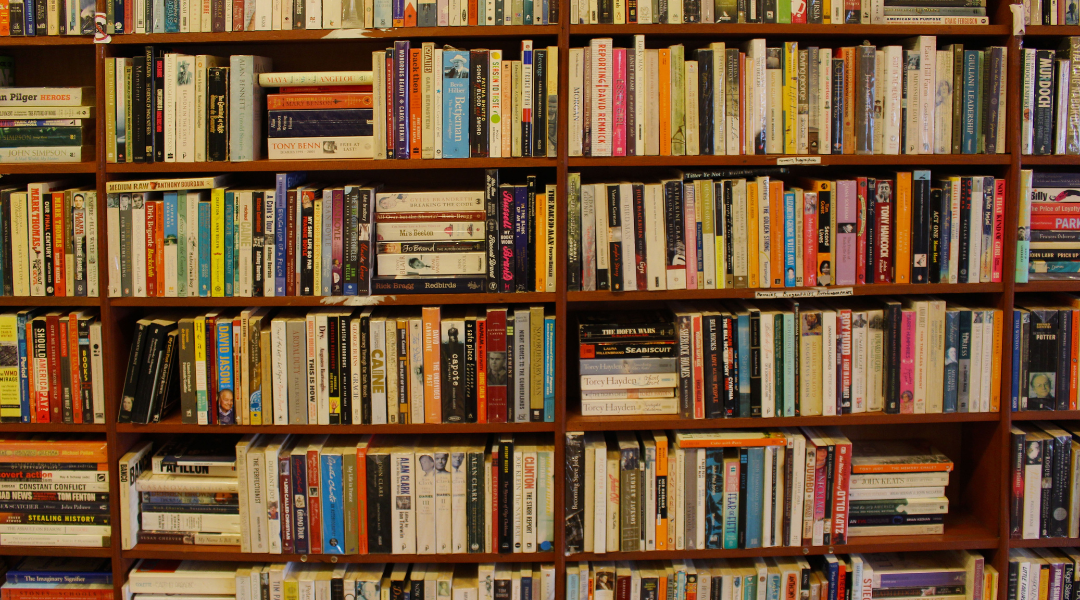Books are a distillation of a huge amount of expertise that can be consumed in a matter of hours. It is a potent vector for the transfer of information that provides a huge return on investment. Whether you read for enjoyment or self-improvement, you will likely have a book in mind that has shaped the way that you view the world. In this article, I have outlined 3 books that I have recently read which have completely transformed my outlook on life in many, very positive, ways.
1. Outliers: The Story of Success by Malcolm Gladwell
I bought this book expecting it to be an in depth analysis of the habits of successful people. I thought that it would praise certain individuals for their grit and determination, and provide me with a burst of motivation to pursue my various endeavours with vigour. I was surprised, then, when I finished the book and didn’t feel particularly motivated at all. I, instead, experienced a deep sense of empathy.
In Outliers, Gladwell looks into the sequence of chance events that played an integral role in the ascent of certain success stories such as that of Bill Gates, professional ice hockey players and the Beatles.
Though the celebration of feats of human ability are necessary to make life vibrant and exciting, it is always important to consider the multitude of factors that have led someone to where they are – this works in both directions. We are often quick to label people as being either good or bad, based on a gradient of social norms to which all of us unwittingly subscribe.
This book will help you moderate your initial assumptions and think deeply about the unknown factors that may have influenced the path that a given person’s life has taken. It will, undoubtedly, make you more empathetic.
2. A Brief History of Everyone Who Ever Lived by Adam Rutherford
I am often cynical about audacious book titles but, rather amazingly, Rutherford pulled this one off. When we turn on the news today, we will see an array of terrible manifestations that have their roots in racial differences. We hear about the Tutsis in Rwanda, the Uighur in China and the Arabs in Palestine. The ubiquity of such race-based tensions implore us to believe that race is a rigid biological structure.
Rutherford narrates our history from our emergence in Eastern Africa 200,000 years ago. He explains that we, rather primitively, base our notion of difference on the most obvious features that we can process with the naked eye (e.g. skin colour, facial morphology) without even attempting to look at where we really come from. My favourite fact from the book is that we only need to go back 3400 years to find an individual that is related to all humans on earth today.
Rutherford makes you realise that we really are very similar, and very related. We are cousins.
3. Guns, Germs and Steel by Jared Diamond
The Black Lives Matter movement of 2020 was a tremendous success in increasing awareness of institutionalised racism and imploring all of us to realise that, though we may not be skinhead neo-Nazis, we have been complicit in a deeply ingrained racist social order.
Whilst mindlessly trawling through YouTube videos of ‘racists getting owned’, it became clear that many of these people place considerable emphasis on white domination of the modern world being testament to their intrinsic superiority over coloured peoples. It made me realise that I didn’t quite understand why the current world order is the way it is. As is demonstrated in Malorie Blackman’s Noughts and Crosses, societal dominance is a matter of chance, but why was it white people that ended up on top?
Guns, Germs and Steel answers this question beautifully. This unusual title is actually giving you a TLDR about its contents. The current world order can largely be explained by the advent of guns, the devastating effect of germs on naive populations and the presence of natural resources required to make steel.
If I have to prescribe a combination of books to treat stubborn misconceptions that you are struggling to shake off, it would be Prisoners of Geography by Tim Marshall followed by Guns, Germs and Steel by Jared Diamond.

